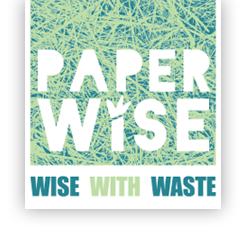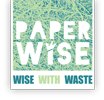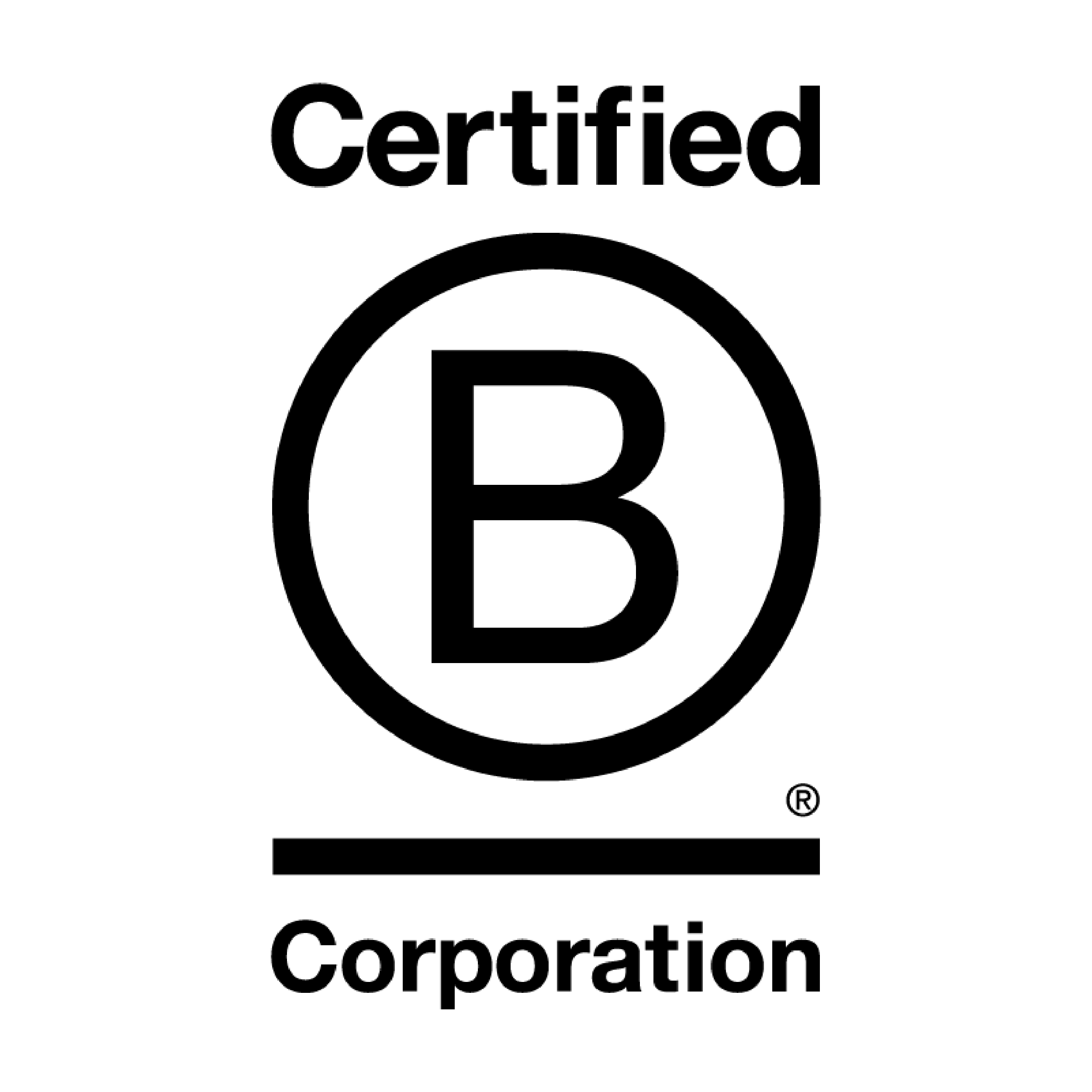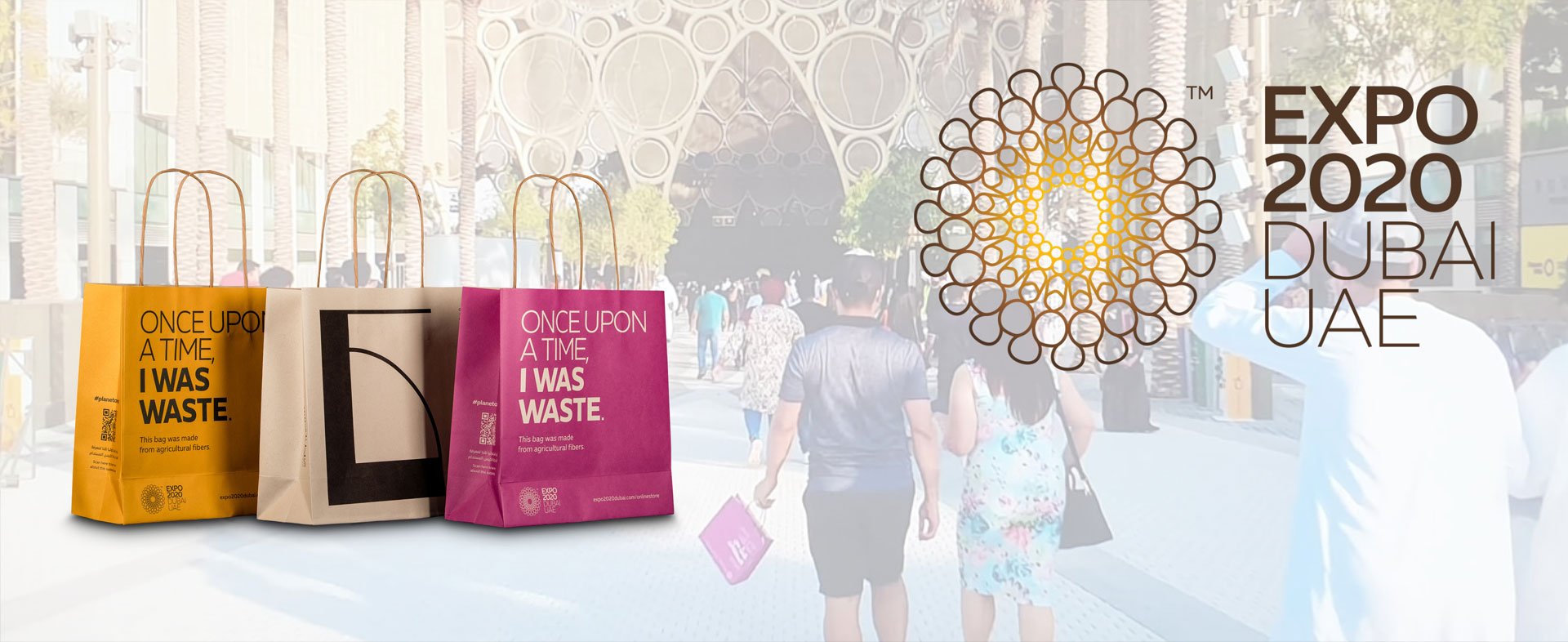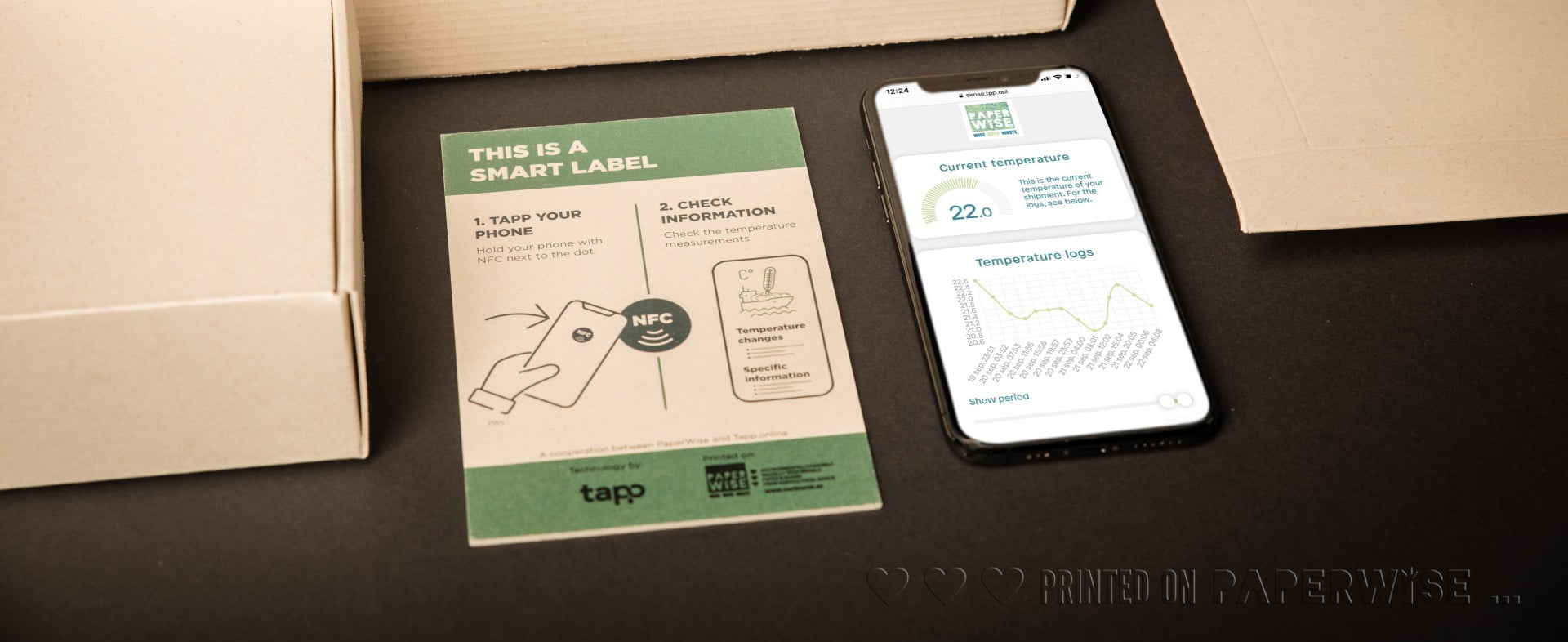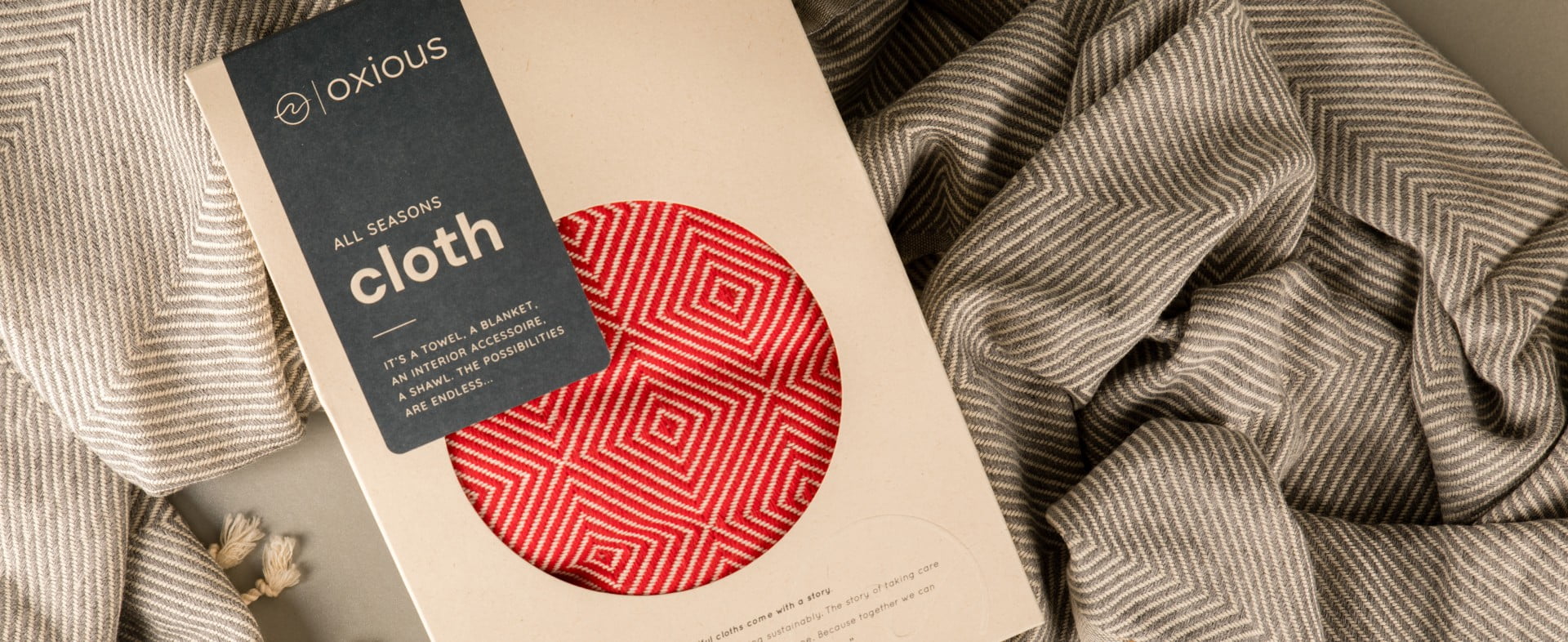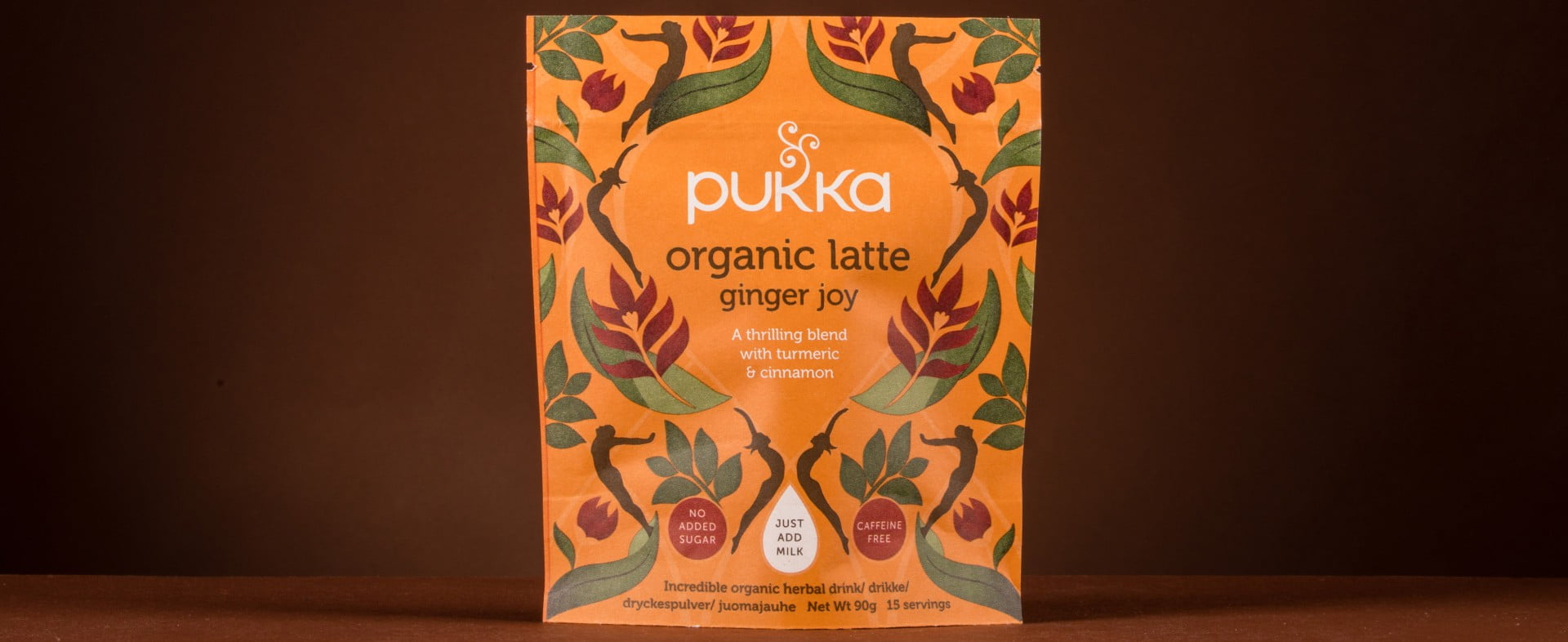
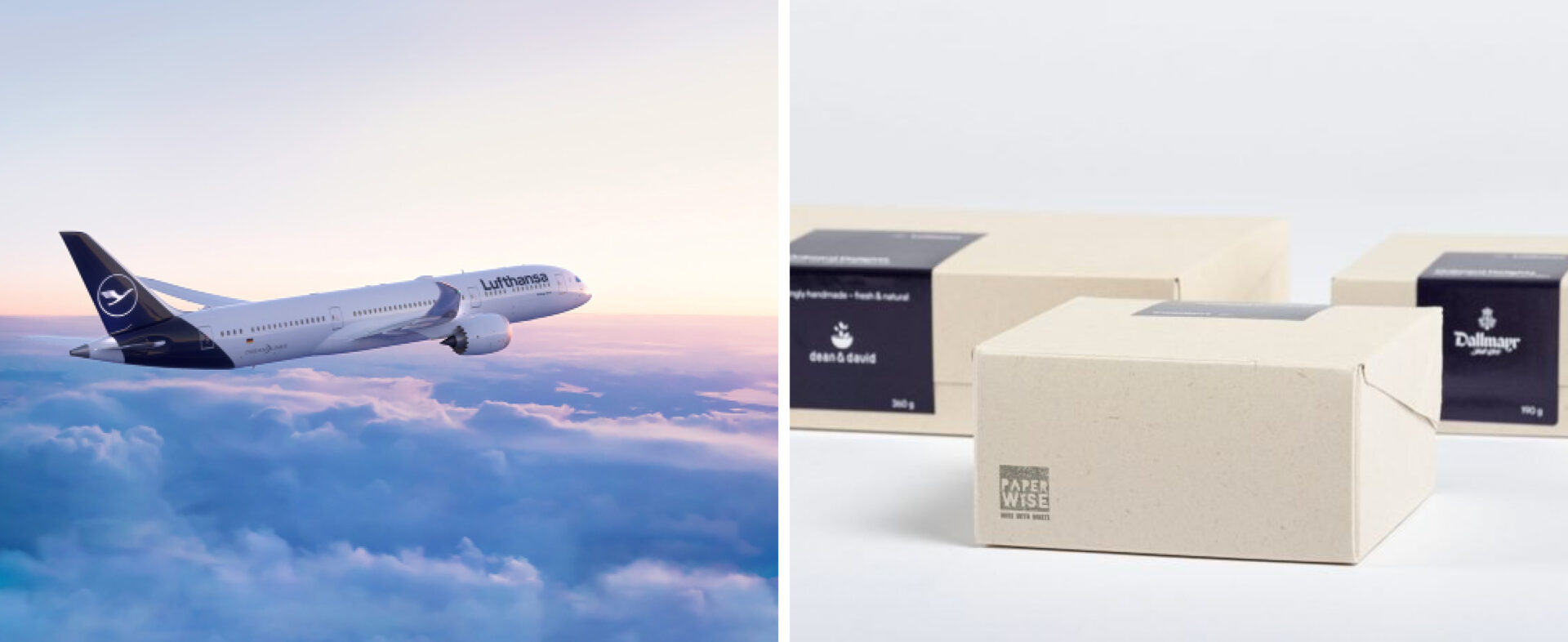
Make a positive contribution to a better world by choosing sustainable packaging. Lufthansa wants to make air travel more sustainable and be completely CO2 neutral by 2050. In its search for sustainable solutions, Lufthansa has chosen PaperWise in-flight packaging made from agricultural waste. Both companies were united in their mission to achieve sustainability goals, raise social awareness and reduce CO2 emissions. What packaging was developed? What was the journey like? And what sustainability results have been achieved?
SUSTAINABILITY WITHIN AVIATION
The world’s population has now passed the 8 billion mark. Transporting people and goods around the world brings economic and social benefits, but it also has a negative impact on the environment. It has been calculated that aviation is responsible for around 2.5% of global CO2 emissions, making it a significant contributor to global warming. Airlines, supply chain partners and governments are (increasingly) aware of this environmental impact. As a result, sustainable solutions are being sought to reduce emissions from this sector. Lufthansa – one of Europe’s largest airlines – is taking responsibility. “We believe that sustainable aviation will enable us to continue to benefit from a connected world,” says Lufthansa.
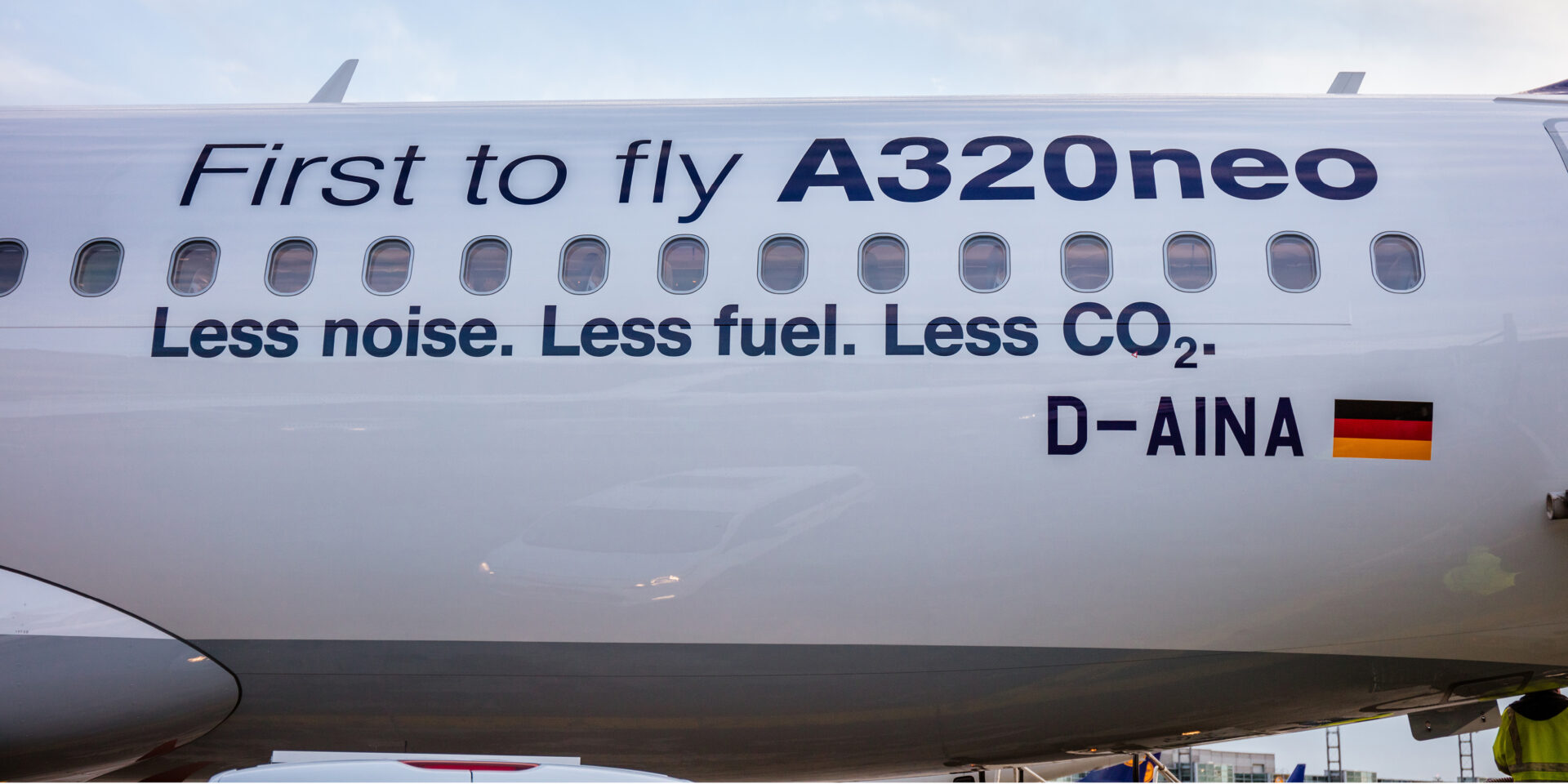
LUFTHANSA GROUP
Founded in 1926, Lufthansa has been around for almost a century! In 2019, before the outbreak of the Corona pandemic, the Lufthansa Group transported more than 145 million passengers in a single year. Known to the general public for passenger flights, Lufthansa also has other activities including cargo transport, aircraft maintenance and catering.
LUFTHANSA: CO2 NEUTRALITY IN 2050
“We connect people, cultures and economies around the world – and that is exactly what we want to continue to do in the future with a clear conscience,” says Lufthansa. As a major player in the aviation industry, Lufthansa has set itself the goal of leading aviation into a sustainable future and becoming carbon neutral by 2050. This means that Lufthansa is committed to assessing, reducing and offsetting its CO2 emissions.
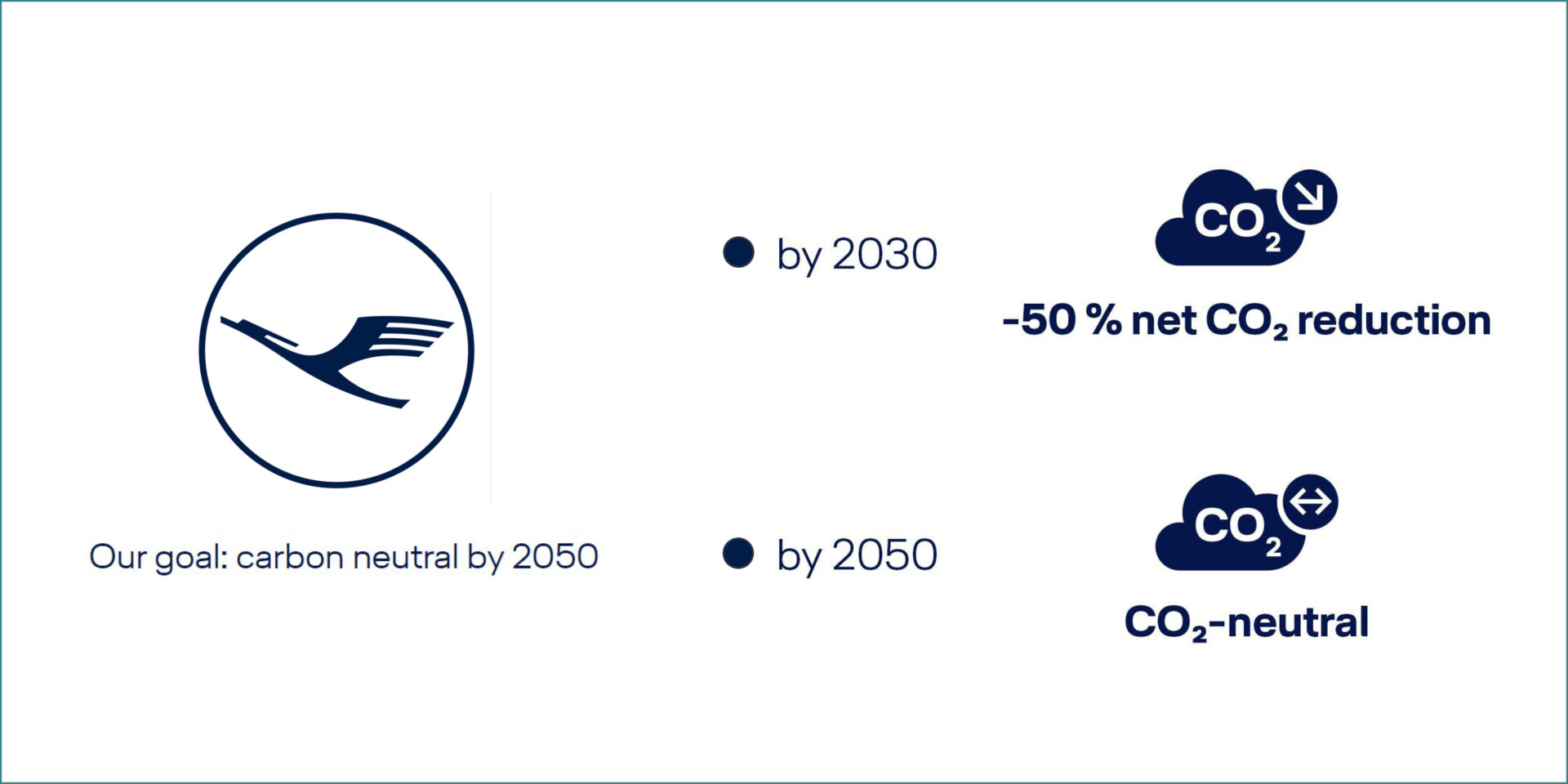
Lufthansa has launched a number of initiatives to achieve carbon neutrality;
A fuel-efficient fleet will reduce kerosene consumption and thus CO2 emissions per flight by 30%. Fossil fuels are to be replaced by sustainable alternatives (Sustainable Aviation Fuel). Ground processes and flight routes are to be optimised, leading to greater efficiency in flight operations. Through Lufthansa’s Compensaid platform, passengers can offset their CO2 emissions through long-term climate protection projects. Cooperation with other transport companies will make Lufthansa hubs accessible by alternative, more environmentally friendly means of transport. And single-use plastics are being replaced by sustainable materials. In 2019, more than 370 million single-use plastics were used on board the Lufthansa Group fleet. These are packaging materials, mostly made of plastic, that are used only once and have a high environmental impact. This has to change!
LUFTHANSA OPTS FOR PAPERWISE
Single-use plastics include disposable packaging used for in-flight catering. This includes cups and cutlery, as well as packaging for sandwiches, wraps and salads. The production of plastics uses oil-based resources, a lot of energy and labour, and is responsible for large amounts of CO2 and other greenhouse gases. This type of packaging, also known as single-use packaging, is usually used once and then thrown away. By choosing packaging made from environmentally friendly raw materials, a lot of environmental savings can be made and CO2 emissions avoided.
This is why Lufthansa has revised its ‘Onboard Delights’ programme, placing great emphasis on the selection of packaging made from environmentally friendly raw materials. Packaging made from petroleum-based plastics will give way to recycled and/or compostable materials. By 2025, Lufthansa aims to have all single-use plastics on board completely removed or replaced with sustainable alternatives. Say hello to sustainable packaging from PaperWise!
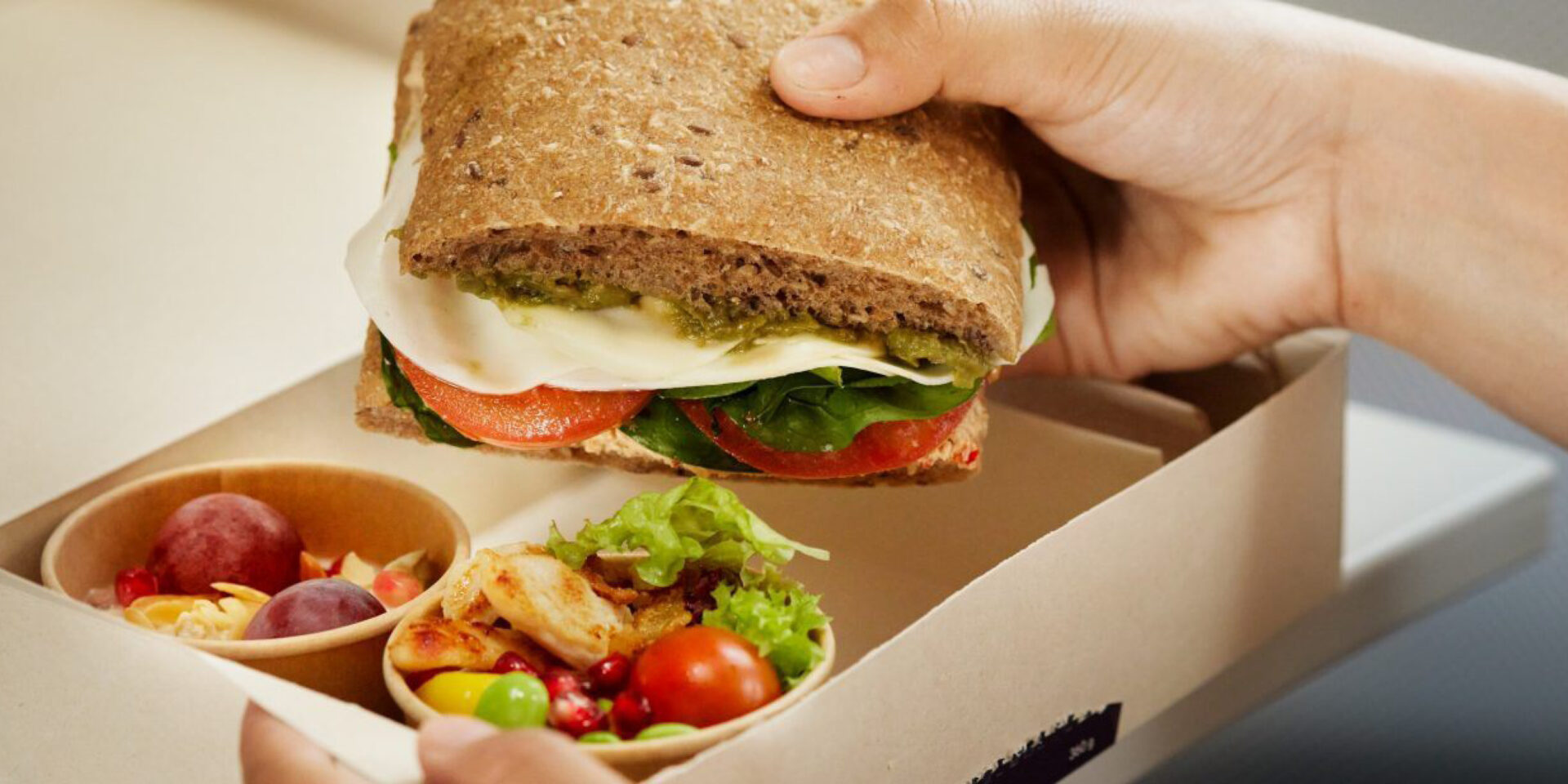
ENVIRONMENTAL BENEFITS THROUGH PAPERWISE
PaperWise is CO2 neutral paper and board made from agricultural waste for packaging and printing. Tree-free and plastic-free. Good for the planet. Lufthansa’s sustainable PaperWise packaging is recyclable, compostable and food safe. It is made from 100 per cent post-harvest agricultural waste – stalks and leaves that are left over from arable farming. While plastic is (mostly) made from primary raw materials, agricultural waste is a secondary raw material that is available every year. Forestry is also a primary resource with a growing season of 10 to 80 years. Making PaperWise cartons saves trees and gives agricultural waste a second life. It also means that this agricultural waste is no longer burned in power stations or out in the open. By not burning agricultural waste, a lot of CO2 emissions are avoided. Wise with waste!
But there is more. Starting from 2021, PaperWise has been completely carbon neutral. PaperWise is produced using as little energy as possible and, where possible, green energy. But there are still CO2 emissions. Just think of the tractors on the land, the trucks, trains and ships needed to transport the raw materials and paper. Not all of these are powered by green energy. PaperWise calculates and offsets its CO2 emissions throughout the chain (via Gold Standard and GoodShipping).
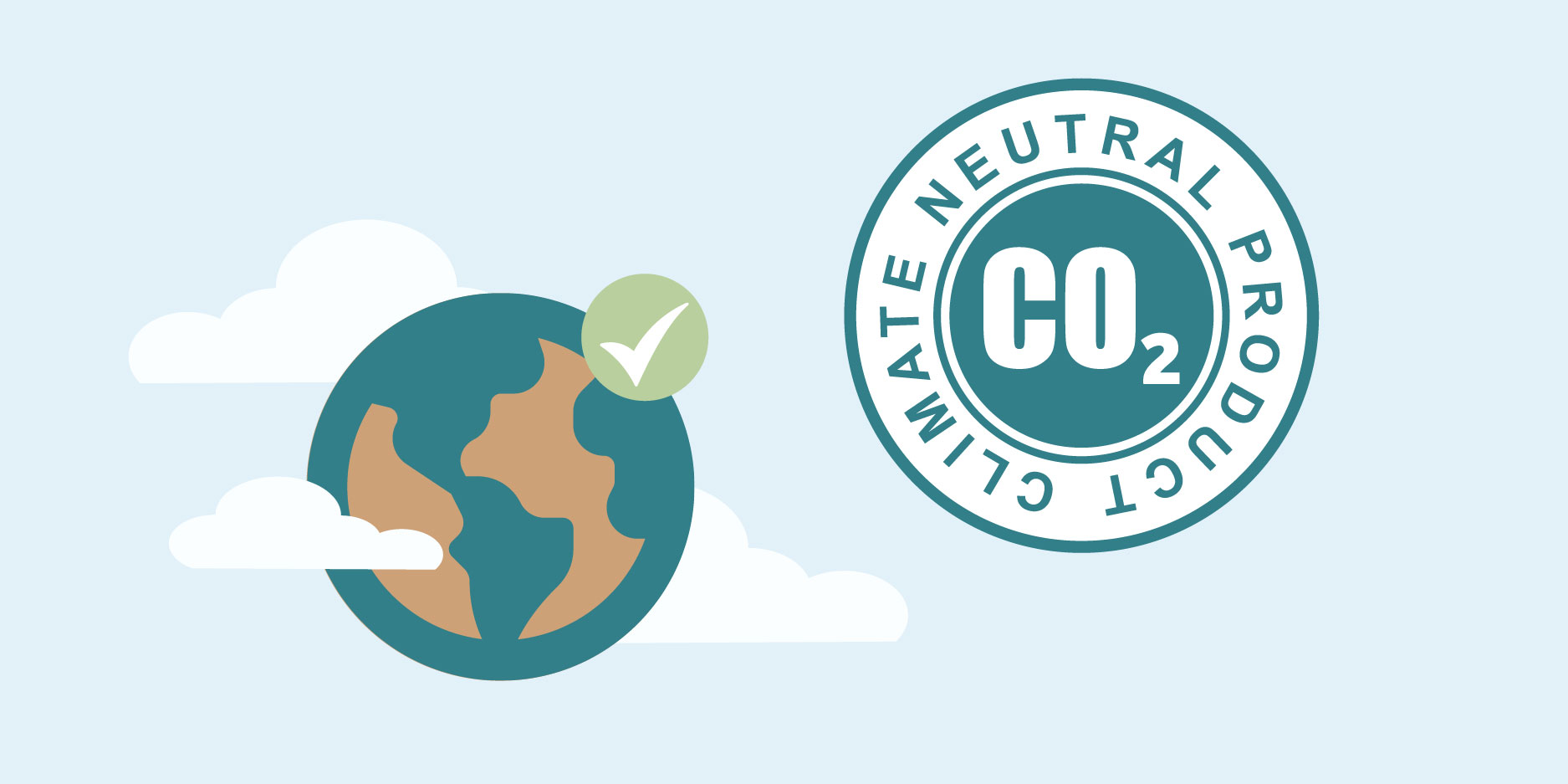
PLASTIC-FREE PACKAGING MADE FROM AGRICULTURAL WASTE
Lufthansa’s search for sustainable disposable packaging did not happen overnight, of course. De Ster (supplier of innovative packaging and service concepts for the aviation and food service industry) is the initiator of this project. Sustainability is one of the main spearheads. In addition, there are a number of other factors that are important when choosing disposable packaging. These include food safety, sturdiness, light weight, fat resistance, appearance, quality and a suitable presentation.
Of course, packaging should be certified for food safety and of high quality. Some foods contain fats that can penetrate packaging. The packaging material must be able to withstand this. Space and weight are important criteria on board, so packaging should also be light and compact. At the same time, they should be sturdy to protect the contents during transport. Appearance is also important; after all, the packaging and the product must contribute to the presentation of the meals and the Lufthansa image. Whereby there is a strong preference for packaging that underlines the sustainable character in look and feel.
De Ster’s product innovation team arrived at PaperWise in its search for sustainable disposable packaging. The unbleached PaperWise Natural Grease Resistant board, made from 100% agricultural waste, meets all set requirements and with its light brown natural colour also has the perfect look and feel.
PROGRESSION: SUSTAINABLE PACKAGING PROJECT
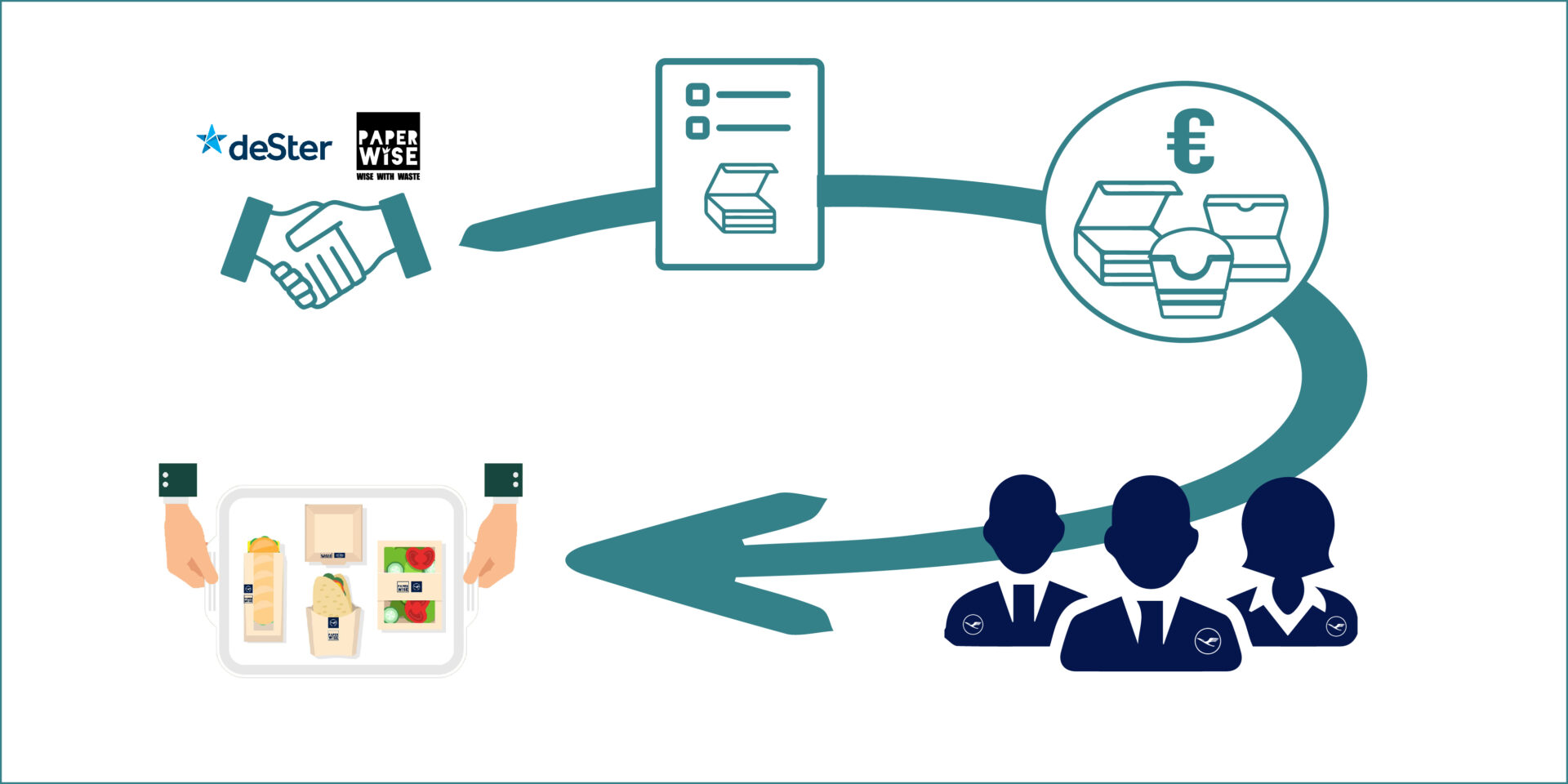
After the initial meeting between The Star and PaperWise, there was enthusiasm on both sides about the possibility of working together. The next step was to take stock of all the catering packaging used on Lufthansa flights. What catering packaging and disposables were used on board? What raw materials were used to make the “old” packaging? What is the annual volume of each type of packaging? Who are the current suppliers? What PaperWise board types could replace the “old” packaging? Which manufacturers could produce these types of packaging? What will the price of the packaging be?
Data was collected from both sides (The Star and PaperWise) and compiled into an Excel file. With this information, De Ster approached its existing and new suppliers. Demo models of all the in-flight catering packaging were designed, produced and quotes requested. This made it possible to compare quality, appearance, strength, processability and price. In parallel with this phase, De Ster purchased a minimum quantity of all PaperWise board types and designs. This enabled De Ster’s product innovation team to carry out their own product testing.
All results, demo models and prices were presented to Lufthansa’s in-flight catering team, who made the final selection. The next step was the trial phase. Several tens of thousands of versions of all the packages were produced and tested on a number of Lufthansa continental and intercontinental flights. Based on this extensive field test, final adjustments were made to the packaging designs. Lufthansa’s in-flight PaperWise range now includes sustainable PaperWise packaging for sandwiches, apple strudel, cakes, salads and wraps.
Lufthansa, The Star and PaperWise are proud of their collaboration and the result: a complete range of eco-friendly disposable packaging as part of Lufthansa’s revamped ‘Onboard Delights’ programme. The onboarding of PaperWise is an important step in the aviation industry’s sustainability efforts.
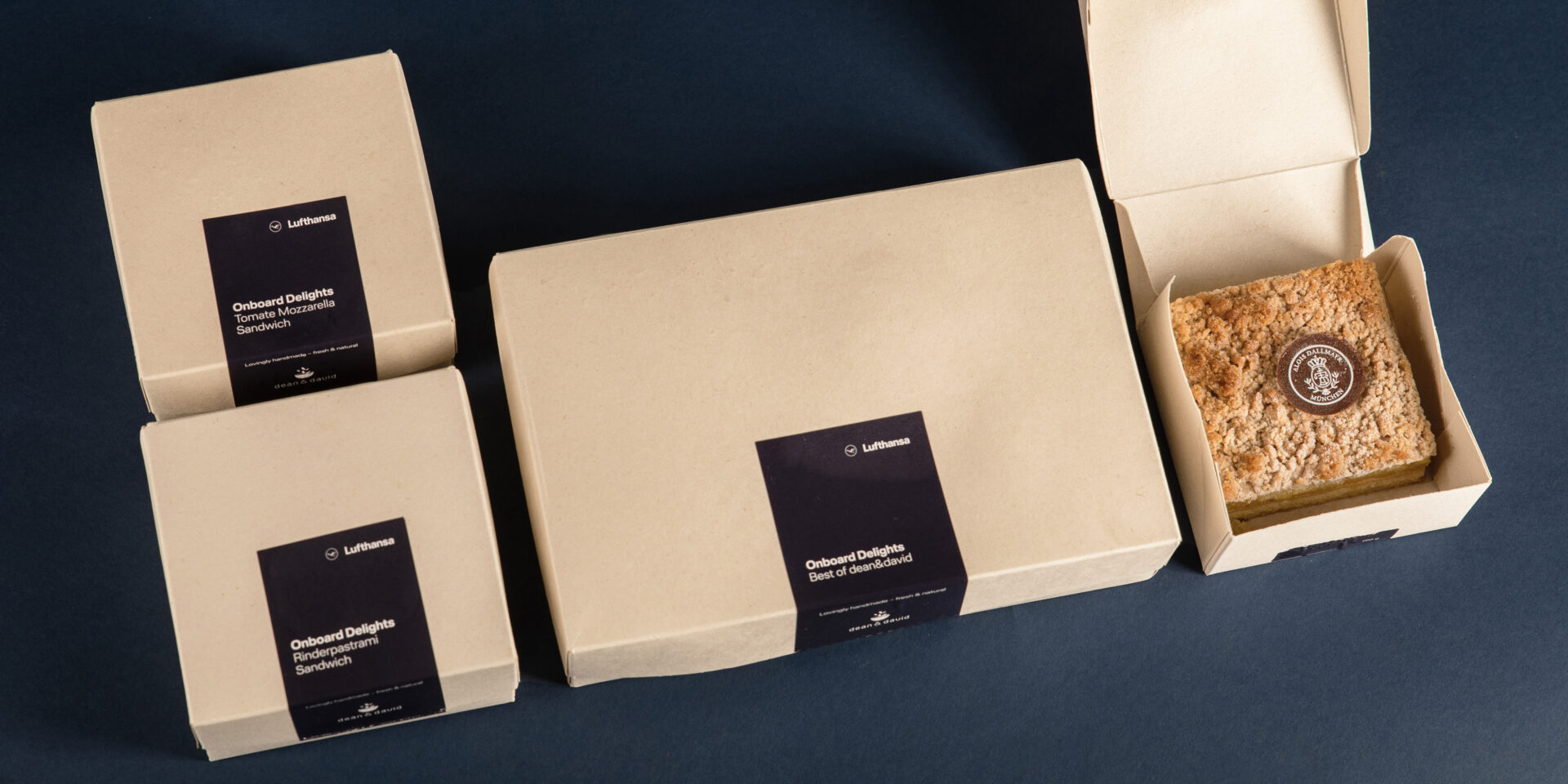
THE COMMUNICATION CONCEPT AND ENVIRONMENTAL IMPACT
The collaboration went beyond packaging. Taking concrete steps towards sustainability is important. Just as important is communicating sustainability to employees, passengers and other stakeholders. Sharing this information promotes transparency and strengthens commitment and understanding of Lufthansa’s vision and mission. It makes clear why Lufthansa makes certain decisions and what it wants to achieve. The Lufthansa Group has tens of thousands of employees, many of whom have direct contact with more than 100 million passengers (on an annual basis). How do you tell the story of CO2-neutral cardboard made from agricultural waste? What are the best communication tools and channels to use? Lufthansa and PaperWise therefore worked together to develop a sustainability communication concept consisting of several components:
1. Info video
Lufthansa wanted to inform all employees about the sustainable choice of PaperWise and explain what PaperWise is. To this end, PaperWise produced a 20-second video explaining the benefits of PaperWise and the difference between PaperWise and cardboard made from trees. This video was distributed to Lufthansa staff with the announcement that additional information about PaperWise could be easily obtained by scanning the QR code in the ‘Onboard Delights’ brochure. As all stewards and stewardesses are also informed in this way, they can in turn inform passengers on board who have questions about PaperWise.
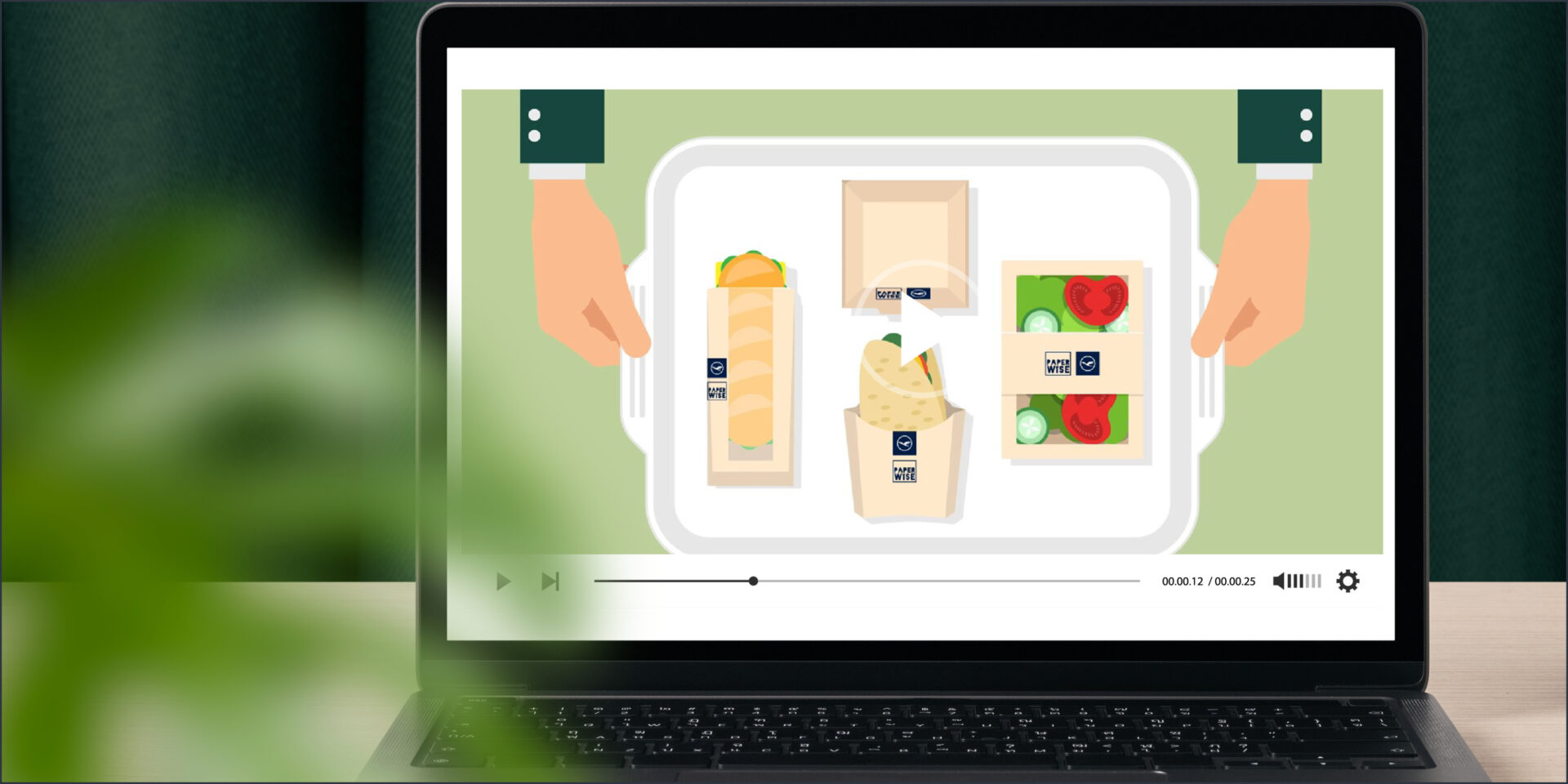
2. PaperWise Logo
All in-flight catering packaging made from PaperWise will carry the PaperWise ‘on product’ logo as a seal of approval. This logo makes it clear to passengers that the packaging is made from PaperWise and provides recognition. The sustainable origin of PaperWise strengthens passengers’ and employees’ confidence in Lufthansa’s sustainability policy, leading to additional awareness and encouraging sustainable thinking.
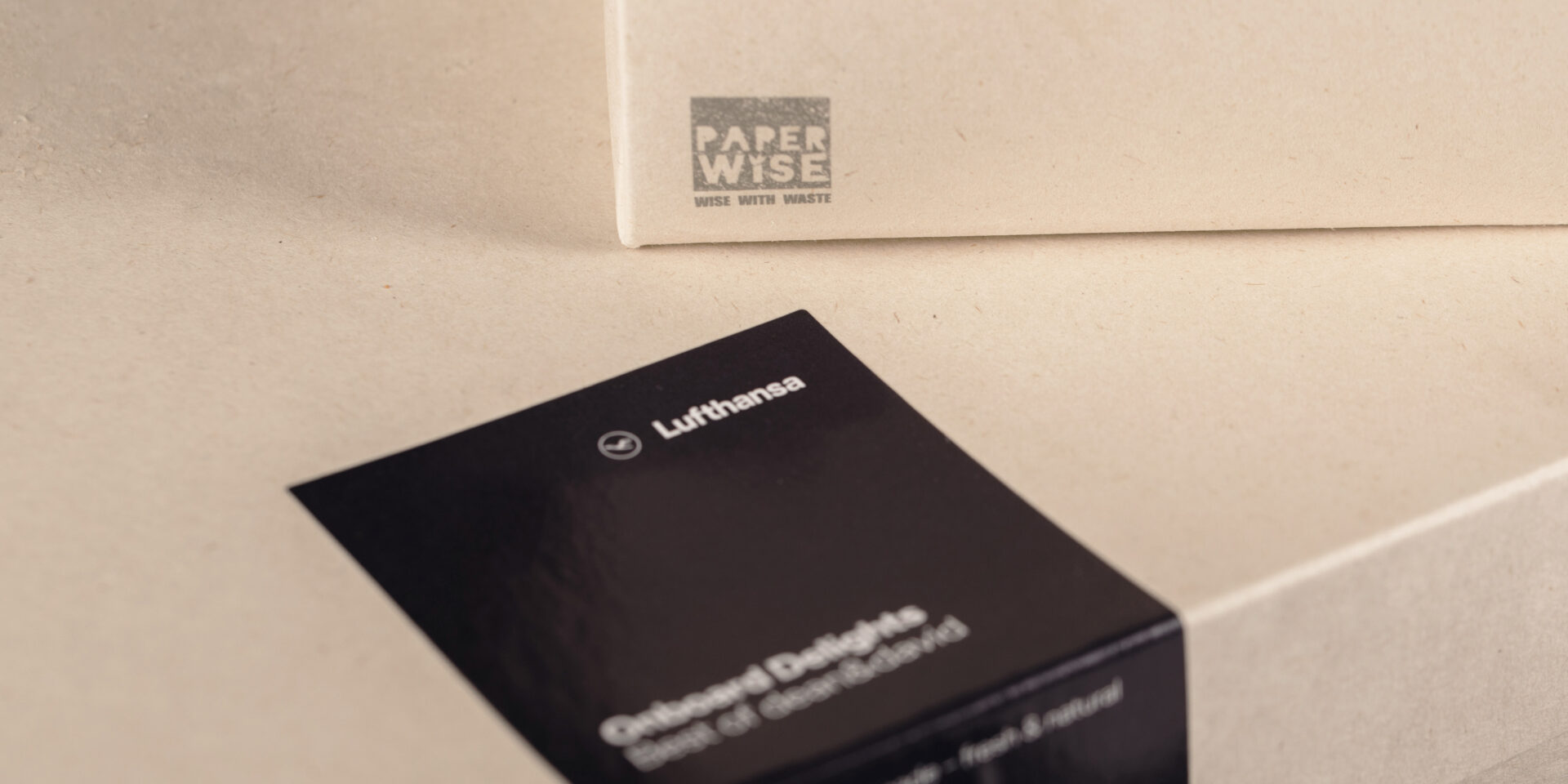
3. Onboard Delights leaflet and brochure
The food and beverages available during the flight can be found in the ‘Onboard Delights’ leaflets and brochures available at every seat. These leaflets and brochures contain a short article about Lufthansa’s commitment to sustainability and PaperWise. Under the heading ‘Sustainability at heart’, passengers are invited to read more about sustainability. If a passenger wants to read more, they can easily do so by scanning the unique QR code provided by PaperWise for Lufthansa. Explaining Lufthansa’s sustainable choice of environmentally friendly catering packaging strengthens passenger confidence in Lufthansa’s sustainability policy.
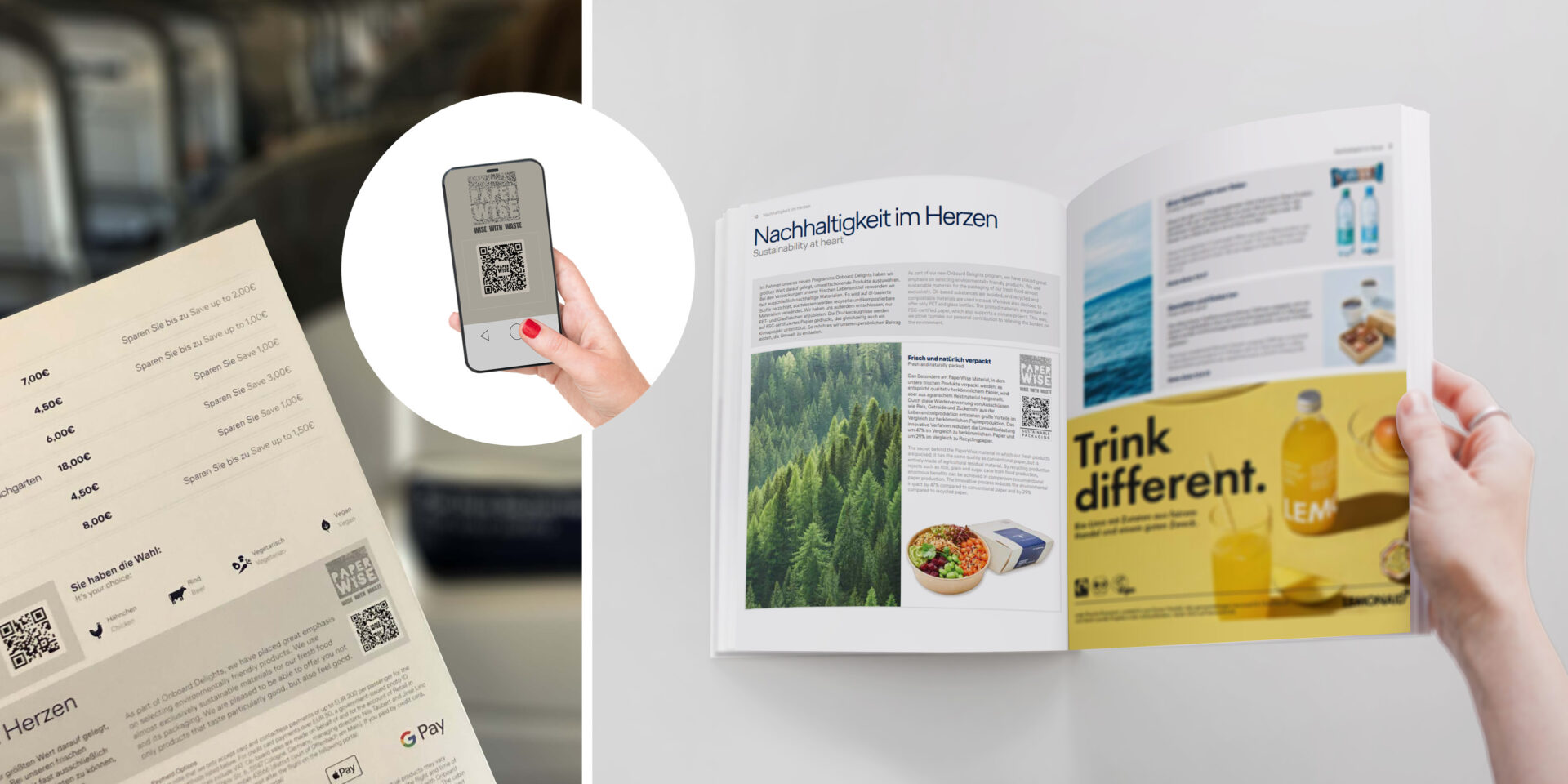
4. ENVIRONMENTAL SAVINGS IN FIGURES
Clear explanations and revealing figures. PaperWise helped Lufthansa clarify the environmental savings associated with Lufthansa’s choice of PaperWise paperboard packaging. These results and the sources from which the calculations were derived were compiled into a document that Lufthansa uses as a reference and internal communication document. An example of an annual result:
In 2021, Lufthansa gave 185,670 kg of agricultural waste a second life.
This saves 278,505 kg CO2-equivalent by not burning agricultural waste outdoors.
This amount of CO2-equivalent is equivalent to 2,282,822 car kilometres.
1,336 trees saved from being felled thanks to Lufthansa
18.6 hectares of deforestation have been avoided. Equivalent to 19.5 football fields
By using PaperWise, Lufthansa is also helping to improve the lives of local communities in developing countries where PaperWise is produced. In other words, environmentally friendly and socially responsible. Wise with waste!
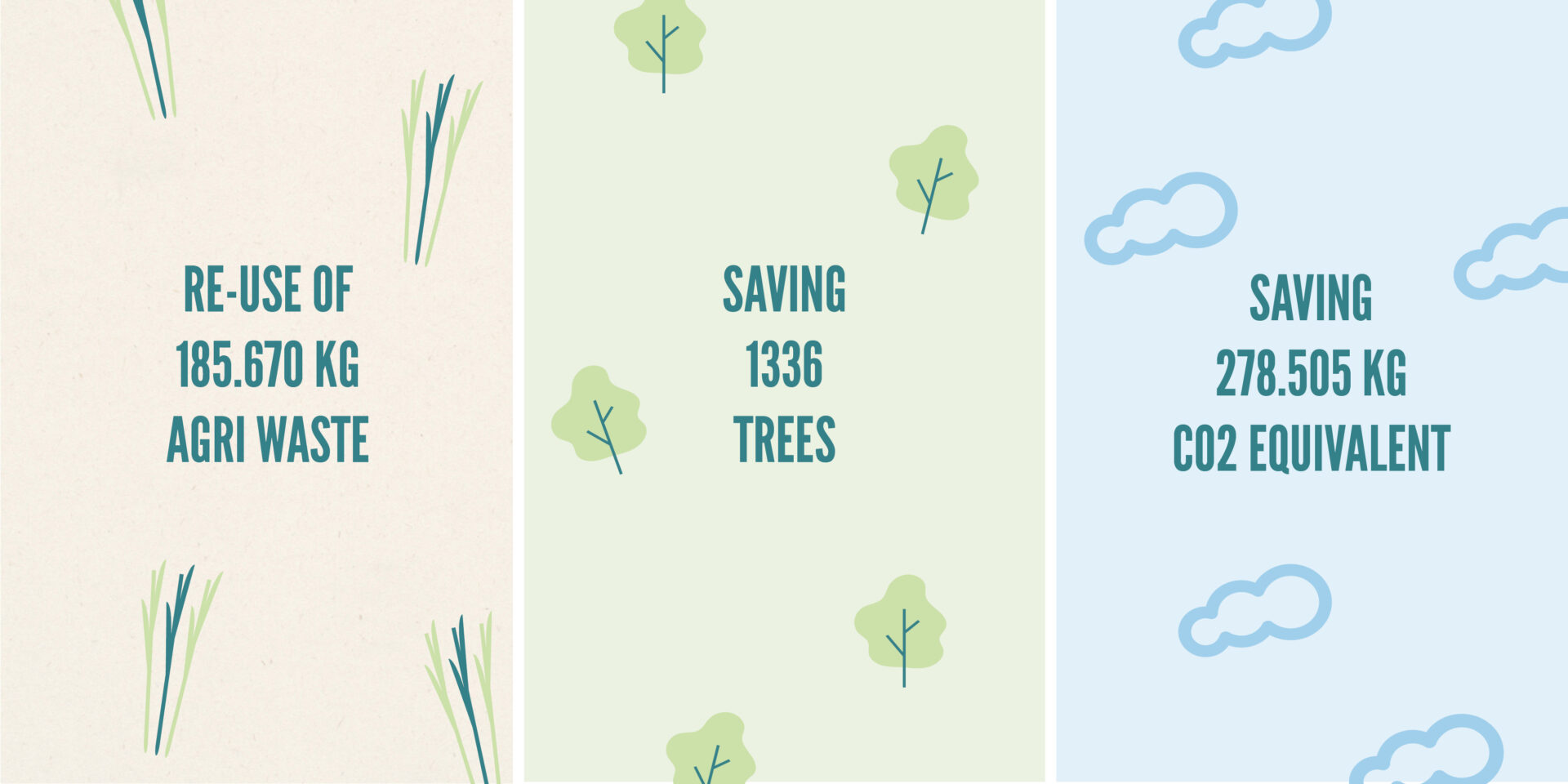
MAY WE ALSO HELP YOU ON YOUR JOURNEY TO SUSTAINABILITY?
Taking care of our planet affects us all. Whether you work for a large corporation, a small business or are self-employed. Every choice in the right direction helps. Do you want to leave a better world for future generations and reduce your company’s environmental impact? And at the same time raise the awareness of your employees and relations? Then perhaps we can work together. PaperWise would be happy to discuss this with you without obligation.
CURIOUS? EXPERIENCE AND TEST:
Would you like more information, to speak to PaperWise or are you looking for A4 paper and board samples? Then get in touch using the button below or share this story via one of your social networks.
